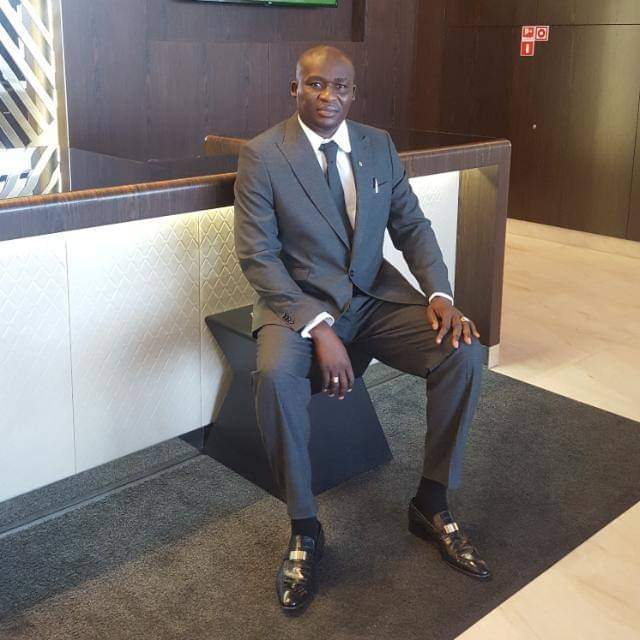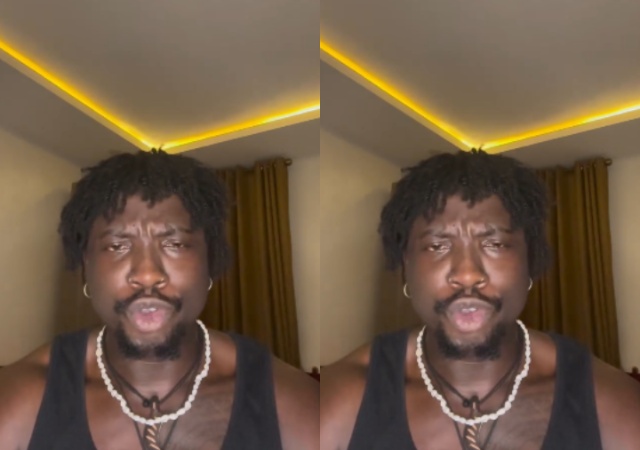Place your adverts here on InfoDig @ low rates; banner ads, sponsored links and guest articles etc. Contact us
Africa’s cultural influence will expand significantly in the next 10 to 20 years. This was revealed by panellists at the Africa Breakfast Convos, a high-profile event, organised by global communications firm Allison Worldwide and African public relations company BHM, on the sidelines of the 79th United Nations General Assembly.
The gathering which was held on Friday, September 27, 2024, at the World Trade Center in New York, featured insights from Sam Onyemelukwe, Senior Vice President of Global Business Development at TRACE, and Ayo Animashaun, Founder of Smooth Promotions, Hip TV, and The Headies, with Ayeni Adekunle, the founder of BHM (owners of Netng) moderating the discussion.
Over the past two decades, Nigerian pop culture, particularly its music industry, has exploded onto the global scene. From the early 2000s, the genre known as “Afrobeats” evolved, blending traditional African sounds with Western pop, hip-hop, and dancehall.

Ayo Animashaun reflected on how far African music has come, noting that twenty years ago, the dream of many Nigerian creators was merely to get airplay.
“There were years when all we wanted to do was just be on television. Now, we are being seen all over the world,” he said. This shift from local visibility to global dominance has been nothing short of remarkable and he is convinced that global dominance is imminent.
The rise of digital platforms like YouTube, Spotify, and Apple Music further enabled African artists to reach a worldwide audience without relying on traditional media gatekeepers. By the mid-2010s, artists like Wizkid** and Davido were collaborating with international stars, signalling a new era for African music.
Despite this success, Sam Onyemelukwe pointed out a major issue in the music industry: many professionals are not earning sustainable incomes. He argued that while some musicians have become global stars, many others—songwriters, studio musicians, and producers—struggle financially.

“The biggest thing that needs to happen in the music industry… is that everybody in the music industry should be able to earn a respectable and sustainable living, even if they don’t end up as the next big superstar,” he said.
Onyemelukwe noted that in Western countries like the United States, even those who don’t become famous can make a decent living through royalties and performance rights. “In the West, even if you’re not the biggest hit artist ever, you could still make $100,000 to $200,000 a year in royalties from writing a song or working in a studio. We’re far from that in Africa for many reasons,” he explained.
The root of this problem, according to Onyemelukwe, lies in weak intellectual property protections and the inability to efficiently collect performance rights and royalties. “Until we can reach that level… we’re literally just chasing the next big track,” he said, calling for stronger frameworks to ensure fair compensation for all industry participants but he admits that the rise of digital platforms such as YouTube, Spotify, and Apple Music have bridged the gap.
Similarly, Ayo Animashaun believes that African creators should start telling more local stories beyond the search for global recognition. There is a need for a shift in how Africa’s pop culture and music are presented to the world.
The power of storytelling through music and movies played a huge role in portraying the United States as the ‘biggest country in the world,’ and the same can be done for Africa if the media and artists work together to portray Africa more positively.

“If we listen to the content of our music now, you don’t find our stories there. Yes, you find our lingo, but not our stories,” he said.
Artists should be encouraged to create music that reflects the realities of the African experience, rather than merely focusing on trends that may lack authenticity. Using Ojuelegba by Wizkid as an example, people resonate more with songs like that and it is no coincidence that the track played a role in introducing a part of Nigerian pop culture to a global audience. “We need more of those to tell our stories to the world,” he said.
While African movies have begun narrating authentic African experiences, he argued that the music industry still lags in this regard.
The last 20 years have seen Nigerian music evolve from local sounds to a global phenomenon. However, despite its success, many insiders believe the industry must focus on more than just chart-topping hits.
Ensuring that everyone involved in the creative process—whether they are writing, producing, or performing—can earn a sustainable income is critical for the long-term growth of the industry.
Both panellists agreed that while African music has come a long way, it is crucial to build the infrastructure that will support all creatives, not just the superstars.
With stronger intellectual property protections and better royalty collection systems, the industry could reach new heights and provide sustainable livelihoods for more professionals.















 English (US) ·
English (US) ·